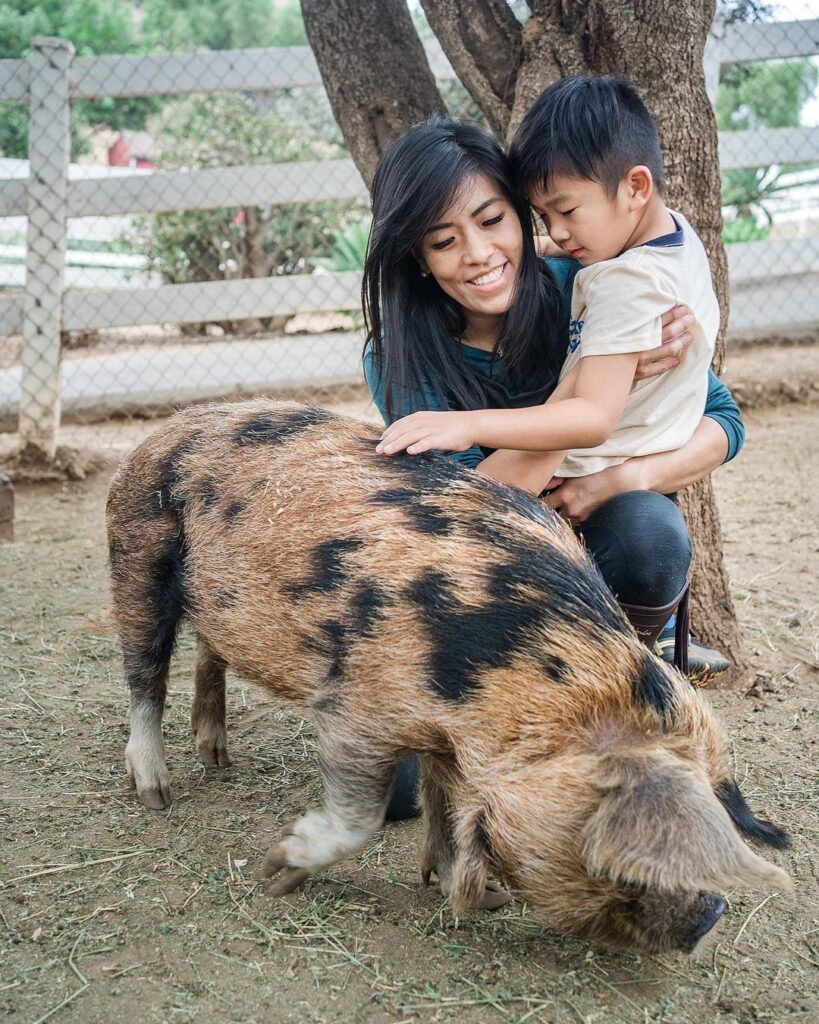A Lesson in Respect
Raising Children with an Appreciation for Life
Published: March 25, 2021

photo c/o Everyday Adventure Fam
As they age, children experience their world expanding before their very eyes. From the four corners of their room, they eventually venture into the great outdoors, setting their sights on places they’ve only seen in books, and meeting new people in the process. Before they embark on their big adventures, parents should make sure that they are equipped with skills and traits that can help them navigate their changing landscapes. Among these, parents must not forget to instill the value of respect in their kids.
According to studies from the National Physicians Center, teaching respect early on can make parents more relaxed and enjoy their children more, as they won’t have to worry about them misbehaving in public. For the kids, knowing and demonstrating respect give them a better grasp of the concept of self-control and discipline. This can impact how they will perceive figures of authority such as teachers, bosses, and law enforcement later on. On the other side of the coin, a lack of discipline, direction and control from not having an understanding of respect can lead to insecurity for young and older children.
Unlike lessons taught in school, educating your children about respect has to be done with knowledge and sensitivity. Here are some ways that can help get the message across:
Show Respect.
Children tend to learn through imitation. As such, be a role model that they can look up to until their own views and principles begin to take shape. Be conscious of how you behave around your children, and let them see how small acts of kindness such as helping others, cleaning up after yourself, and avoiding littering, for starters, can have a huge impact on people and the community.
Talk About Respect.
Break down the concept of respect into digestible pieces of information that your children can take to heart. Using real-life situations, explain how respect in the form of sharing possessions or being polite and kind to others is important in maintaining harmony. Give them the opportunity to ask questions, as well — be honest with your responses and look at the issues from their standpoint.
Call Out Disrespect.
Prevention is better than cure. When your child shows signs of disrespect, act quickly and intervene with age appropriate consequences. Being upfront will help them think about family values and how they are expected to treat others. However, be respectful in correcting your kids. Instead of yelling or visibly getting upset, stay calm as you walk them through what they need to do to improve.
Speak with Respect.
Good manners are not just seen in the way we move, but also in the way we interact. Teach your children to use polite phrases such as “Please”, “Thank you”, “Excuse me”, and “Can I help you?” when addressing those around them.
